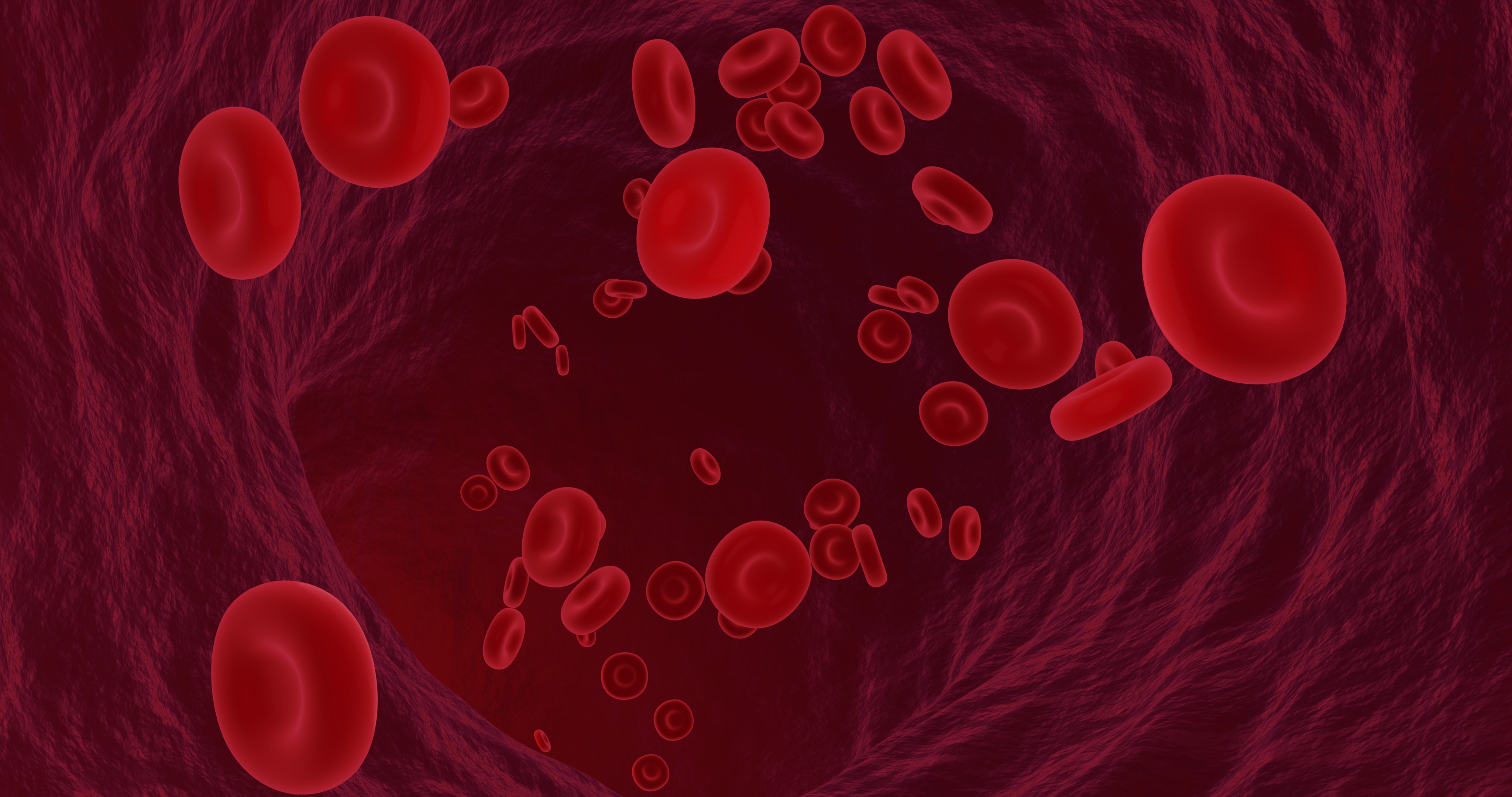Intralipid as a Contrast Agent to Enhance Subsurface Blood Flow Imaging
Novel 3D neuroimaging technique to investigate functional changes in the small neurovascular network
Conventional techniques (for example, MRI and CT angiography) fail to provide sufficient spatiotemporal resolutions to measure rapid cerebral blood flow changes in small vessels which restricts its use for assessing cerebrovascular networks, and may not be suitable for repeated imaging of disease progression.
Dr. Yingtian Pan, Professor at Stony Brook University created a novel 3D neuro-imaging technique to investigate functional changes in the small neurovascular network that may be implicated by stroke and other neurovascular diseases. Technique validated in mouse brain to study the cerebral micro vascular network changes induced by acute cocaine administration using clinically relevant doses. NDA to be executed with Vuetek Scientific.

Detect minute microcirculation, which is critical to early detection of neo-angiogenesis after wound healing, detection of tumor micro-environment, retinal blood flow imaging, functional brain imaging, and neuronal rehabilitation
Neurovascular disease imaging
PCT Publication No. WO 2014-012042
Prototype is available for demonstration.
Available for License
We seek to develop and commercialize, by an exclusive or non-exclusive license agreement and/or sponsored research, with a company active in the area.
Patent Information:
| App Type |
Country |
Serial No. |
Patent No. |
Patent Status |
File Date |
Issued Date |
Expire Date |
|